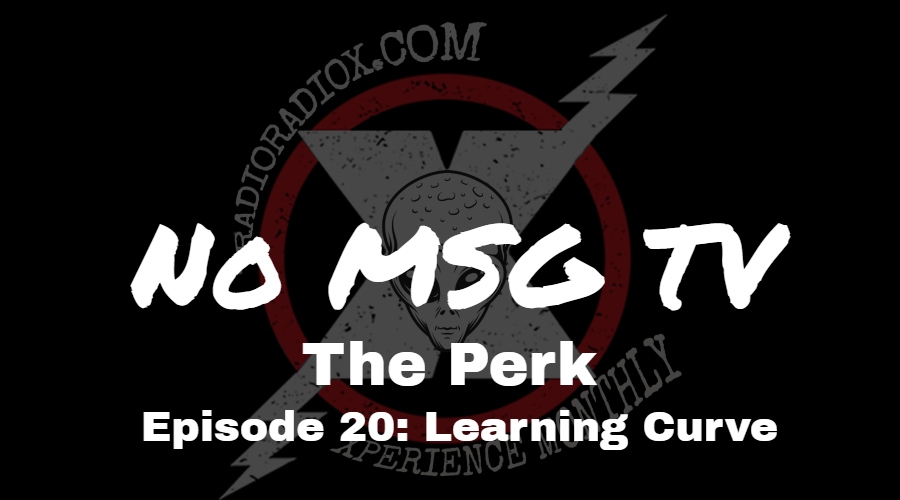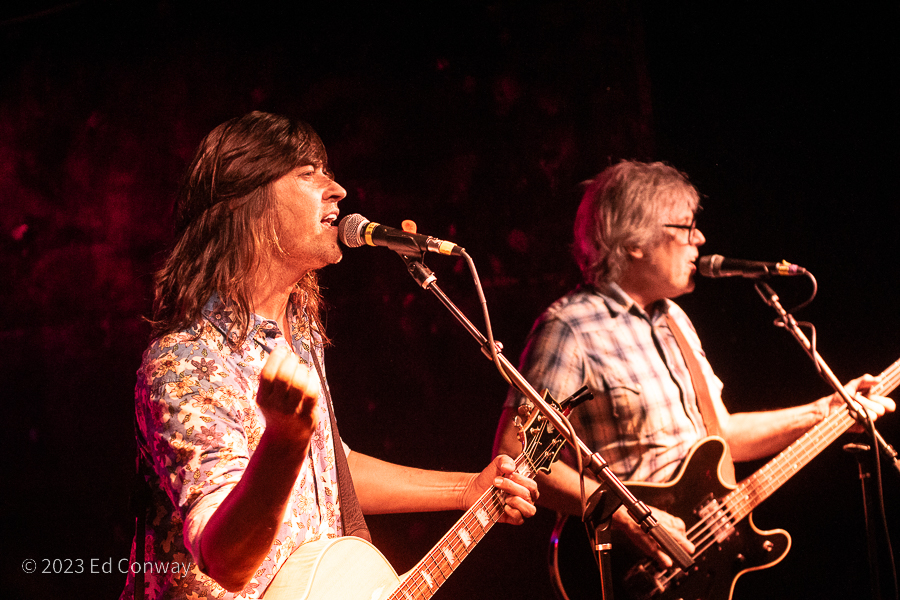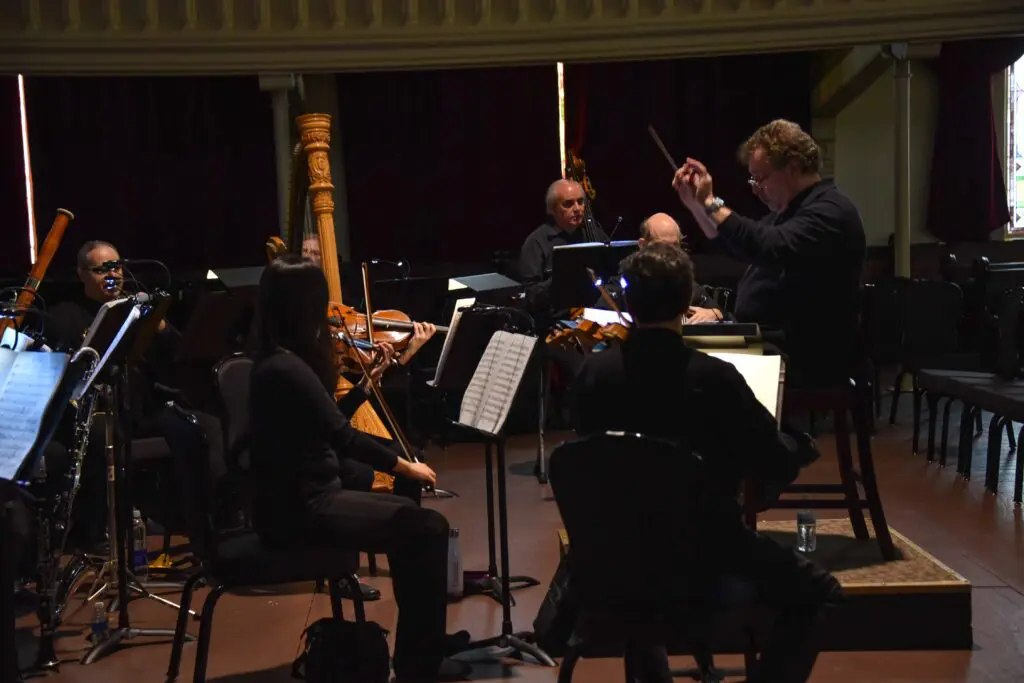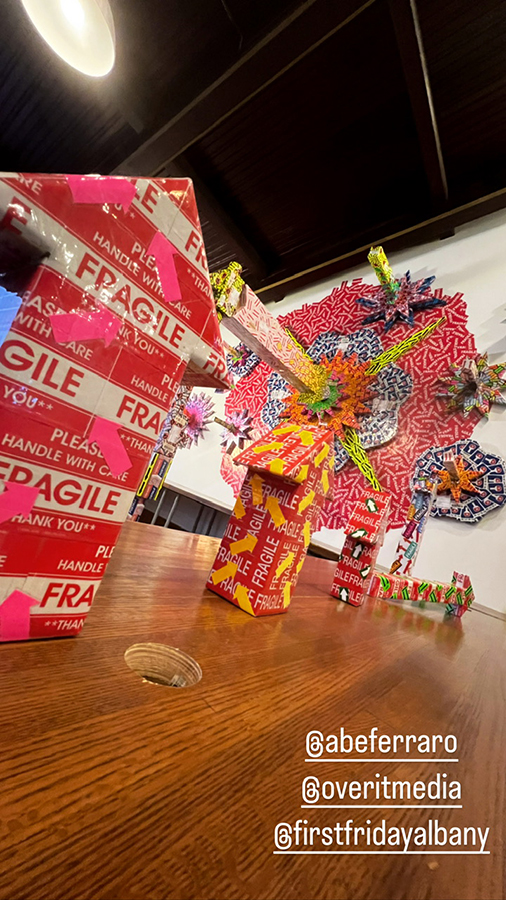Seattle Grunge – Two Waves Over the Puget Sound – Liam Sweeny
Written by Staff on May 12, 2023
Seattle Grunge.
It was a tough time growing up. We didn’t have much money, and even though I had friends, I felt outcast, like an odd shoe on the doormat. I was in my room, not much bigger than a walk-in closet, when my mom appeared in the doorway brandishing a pair of cassettes. She, being the type of person that magically, randomly, landed on cool, handed me Alice in Chains’ Facelift, and Pearl Jam’s Ten. It was the tail end of 1991.
Seattle, Washington is a corner of the U.S. known foe logging, fishing, Boeing, and Bigfoot. It’s also known as the birthplace of grunge. Bands like Nirvana, Soundgarden, Alice in Chains and Pearl Jam brought a sound and culture to America that defined a generation. But you may be surprised to know that in Seattle itself, the word “grunge” rolls eyes.
“Grunge” has an origin, and it goes back further than the nineties. In fact, we should probably go back to 1981, when, in a letter to the Seattle zine Desperate Times, a punk frontman named Mark Arm wrote of his not-yet-existing band Mr. Epp and the Calculations, “… Pure grunge! Pure noise! Pure shit.” This is probably the first instance of “grunge” being used to describe music.
But Arm, who would later go on to form the band Mudhoney, wasn’t really the one that popularized the term. That distinction would go to Sub Pop, a record label signing punk bands in the 80s and still active today. They frequently used “grunge” in their promotional material for the bands on their label.
This was the eighties. This wasn’t the age of Pearl Jam or Soundgarden. There were “true” grunge bands like Mark Arm’s post Mr. Epps’ band Green River, the U-Men, Cat Butt, Feast and Blood Circus. But two bands would build the bridge to the grunge that infected America. One is Green River, and the other is Mudhoney.
Green River was brought into being by the same Mark Arm who, arguably, came up with the term “grunge.” And if there was a first “grunge” album, it was likely Green River’s EP “Come On Down,” which came out just before an album competing with that title (Deep Six, a compilation including Green River.)
Green River was Mark Arm and Steve Turner, with Alex Vincent on drums and Jeff Ament on bass. Stone Gossard joined later to second on guitar.
If the names mean nothing, keep reading.
Green river broke up in 1987. Jeff Ament, Gossard, and Bruce Fairweather (who replaced Steve Turner) Joined the band Mother Love Bone, with Gossard and Ament later joining Pearl Jam, and Arm and Turner forming Mudhoney.
So now to Mudhoney. Mudhoney was the band that influenced all of the other bands in what America calls grunge. This is just an opinion, but it’s the opinion of Eddie Vedder of Pearl Jam, who said, “When it comes to grunge or even just Seattle, I think there was one band that made the definitive music of the time. It wasn’t us or Nirvana, but Mudhoney. Nirvana delivered it to the world, but Mudhoney were the band of that time and sound.”
Mudhoney’s first EP, Superfuzz Bigmuff, went over like a Boeing jet. Kurt Cobain listed it as one of his favorites in 1993.
It would be pretty easy to talk about how big Nirvana, Pearl Jam, Alice in Chains, Soundgarden got in the early nineties, but it would be stating the obvious. But to understand them, and what they went through, it helps to understand grunge, and to that end, understand punk.
Grunge eventually did become a reference for a type of sound; it wasn’t just hype. The sound was dirty and sketchy, recorded as quickly and cheaply as possible, a mix of punk and metal with some of the attitude of 70’s rock. In that sense, it had a lot in common with punk. But the grunge that took off, in the minds of many Seattle music fans, was a different grunge than what started. Earlier grunge, they might say, was more raw, and what came later was more hard rock.
Either way, the sound coming out in the 80s, and the punk coming out from everywhere in the 80s, was a revolution against the industry. I recently wrote an article about Motown, and the very controlled and rehearsed manner in which Berry Gordy produced music. Punk and grunge were the opposite. Unscripted, spontaneous, a pure expression of music, and with little separation between bands and fans. This goes directly against the gatekeeping of the industry.
Pearl Jam fought Ticketmaster over the fees they charged fans, and largely lost the battle, leaving them to choose between soaking their fans and “selling out,” or only playing in small venues, which they largely did. Kurt Cobain had threatened to break up Nirvana over a Vanity Faire article about his wife, Courtney Love, using heroin while pregnant with their daughter. And Pearl Jam itself formed after the overdose death of Mother Love Bone frontman Andrew Wood.
And I think it’s also common knowledge, and maybe goes without saying, that Kurt Cobain committed suicide in 1994. What should be said is that, the suide, perhaps even his drug use, might be explained by a life-long stomach ailment that had plagued him.
If you go into Seattle and say “grunge,” you’re a tourist. Few people in the music scene like that work, even though larger institutions use it to attract, you guessed it, tourists. Grunge is complicated to the Seattle music scene because it became a label slapped on any band in Seattle, and beyond. It became the “All Natural” of American music. Bush and Silverchair were called grunge. Puddle of Muddle was called grunge by somebody. It’s meaningless now.
I didn’t know what to expect when I popped that Alice in Chains cassette in my tape deck. I had shitty speakers. But when I heard Layne Staley sing, and Jerry Cantrell play, I didn’t leave that little cubicle of a bedroom for a solid day.





 RadioRadioX
RadioRadioX